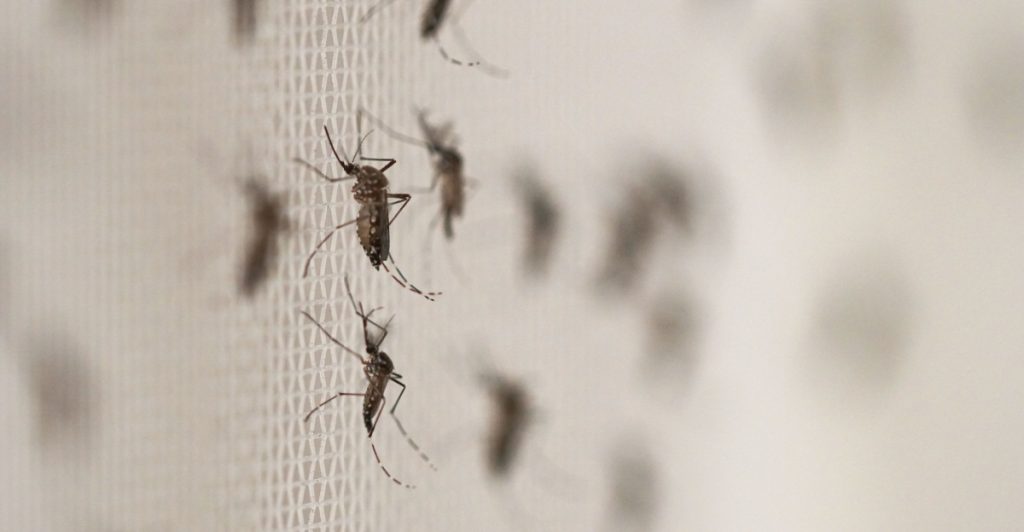Mosquito-borne viruses like dengue and chikungunya are becoming endemic across the continent
Others are reading now
As the climate warms, tropical diseases long confined to equatorial regions are making alarming inroads into Europe.
A new study published in The Lancet Planetary Health reveals that rising temperatures are fueling the northward spread of the tiger mosquito (Aedes albopictus), a carrier of dengue and chikungunya—two viral infections that are now emerging more frequently on European soil.
From Isolated Cases to Endemic Risk
According to the study, outbreaks of these diseases in Europe have become not only more common but more severe since 2010, closely tracking the rise in global temperatures.
In 2024—now recorded as the warmest year ever—European Union countries reported 304 locally acquired dengue cases, surpassing the total number recorded in the previous 15 years combined.
Also read
Our findings highlight that the EU is moving from sporadic outbreaks of Aedes-borne diseases to an endemic state,” the researchers concluded.
The study, cited by Digi24, notes that southern countries such as Italy, France, Croatia, and Spain have already experienced multiple local epidemics in recent years.
The European Centre for Disease Prevention and Control previously reported 130 cases of locally transmitted dengue in the EU and EEA in 2023—compared to just 71 between 2010 and 2021.
A Warming Europe Faces New Public Health Frontiers
Dengue and chikungunya, both transmitted by mosquito bites, can cause symptoms ranging from high fever and body aches to nausea and rash. In some cases, particularly among vulnerable populations, these diseases can be fatal.
What was once a distant tropical threat is now becoming a continental health issue.
Projections are grim: under the worst-case climate scenarios, the study warns that infections could increase fivefold by 2060.
With nearly half the world’s population already at risk, Europe may soon face a future in which tropical diseases are no longer exotic—but endemic.


